Arts and Humanities
Explore Arts and Humanities
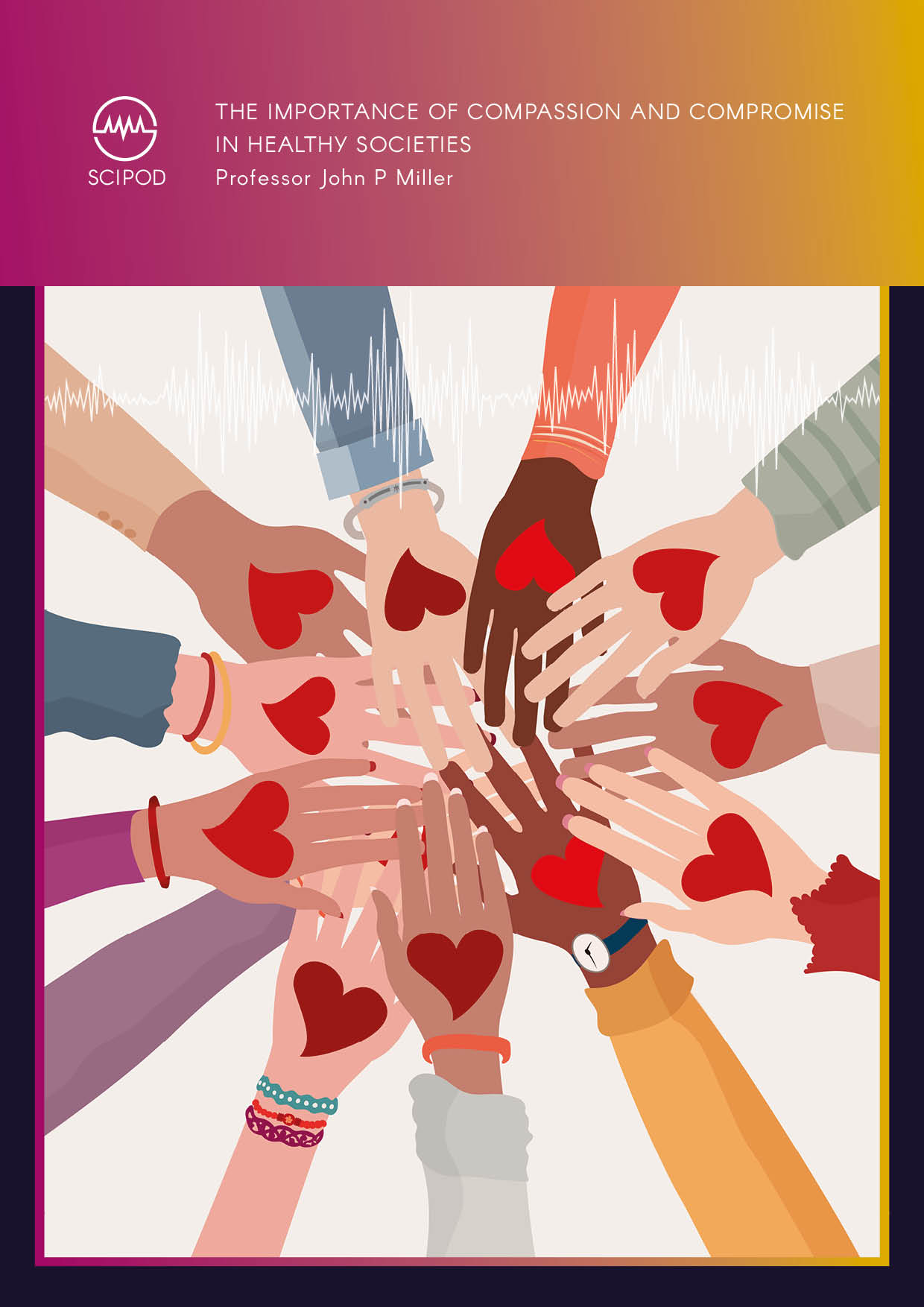
Professor John P Miller | The Importance of Compassion and Compromise in Healthy Societies
In a recent paper, Professor John P Miller discusses the importance of mutual accommodation and compassion in preserving democracies and ensuring we can tackle some of our biggest global problems. He highlights the way in which Canada has become a more tolerant, cooperative, inclusive society by emphasising the role of compromise and compassion. Using examples from education, he shows how we can nurture these qualities in children and young adults.
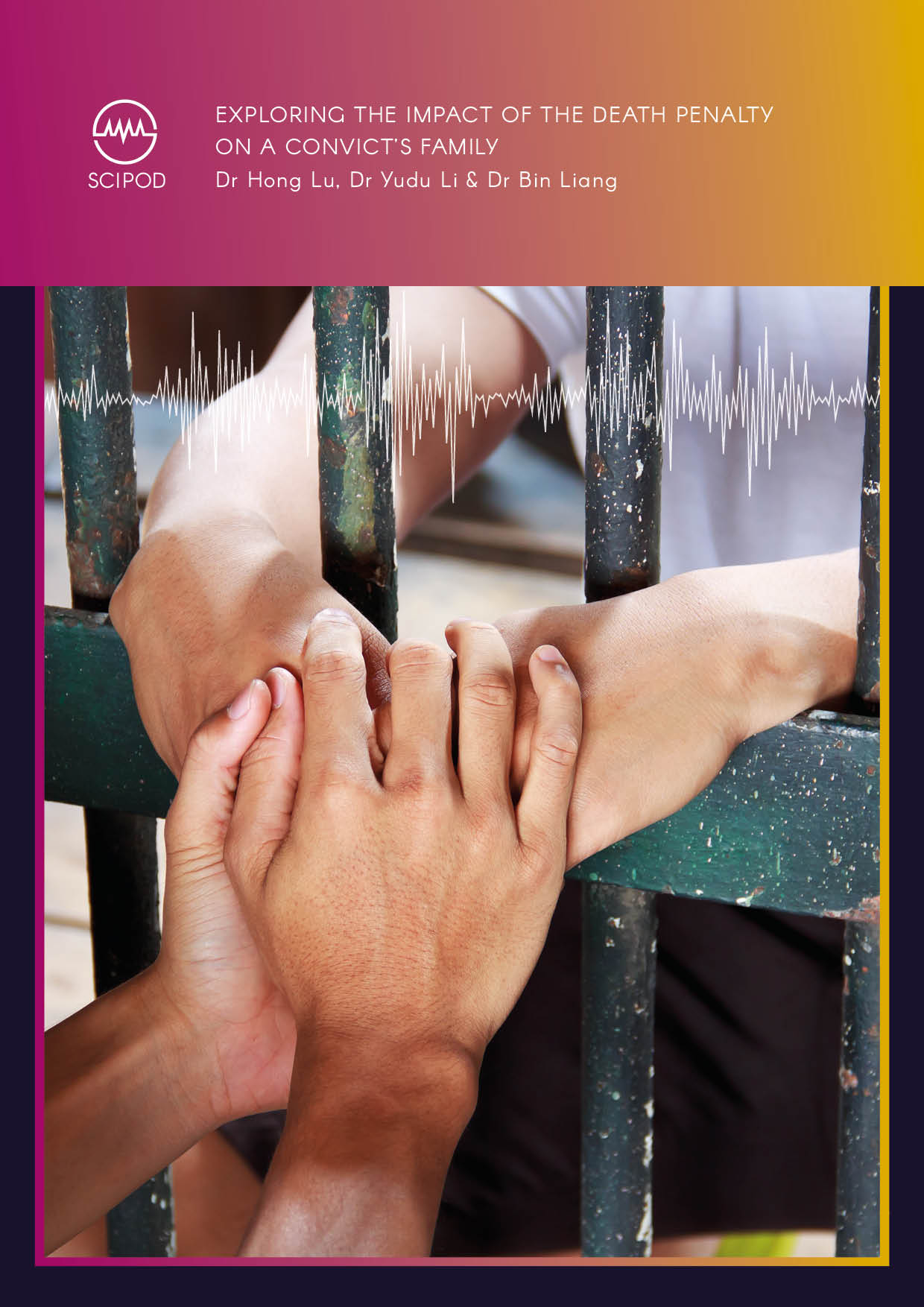
Dr Hong Lu | Exploring the Impact of the Death Penalty on a Convict’s Family
So far, very few research studies have investigated the effects of criminal convictions on the families of defendants. Dr Hong Lu, a Professor of Criminal Justice at University of Nevada, along with her co-authors, Dr Yudu Li and Dr Bin Liang, carried out a study examining how the family of Nian Bin, the defendant in a high-profile capital case in China who received four death sentences, managed the physical, emotional, financial, and legal challenges they faced after their relative’s conviction.
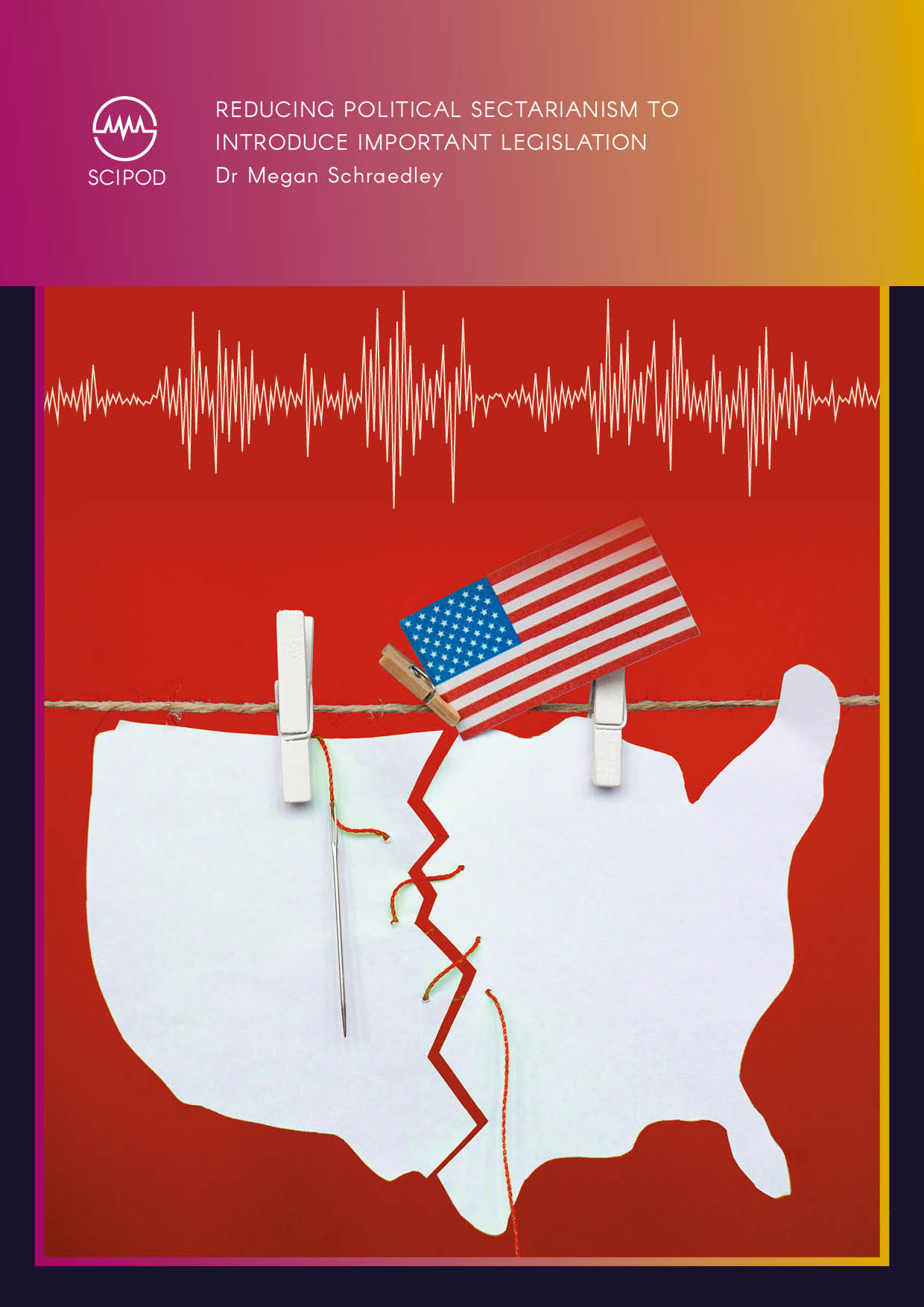
Dr Megan Schraedley | Reducing Political Sectarianism to Introduce Important Legislation
In the United States, public opinions have become increasingly polarised. This polarisation leads to ‘othering’, which describes how one group of people can view another group as very different from themselves and depict them in negative ways. Dr Megan Schraedley at West Chester University recently carried out a study exploring how othering arises in the context of US politics, and how it can be disrupted. Understanding how this destructive phenomenon can be disrupted could help policymakers to successfully introduce important legislation.
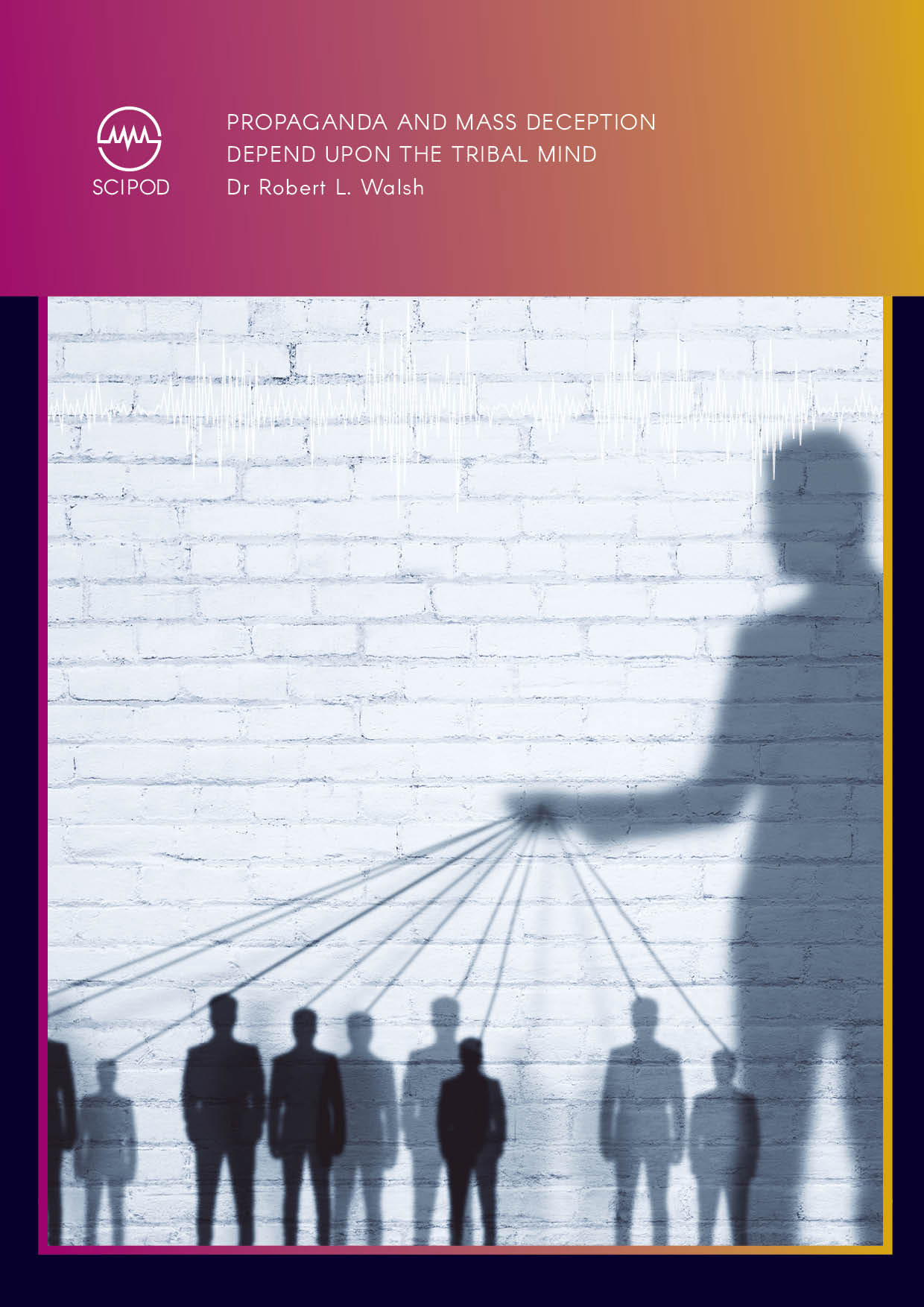
Dr Robert L. Walsh | Propaganda and Mass Deception Depend Upon the Tribal Mind
Propaganda is the systemic use of language with the intent to brainwash rather than to persuade. It has the subtle but pervasive power to ensnare an entire populace toward a predetermined attitude or outlook. Deceptive communication is now commonplace in this information age. Dr Robert L. Walsh recently examined how propagandists bend language for mass deception. He argued that what makes propaganda so insidious is a vestige of our prehistoric past – the Neolithic or Tribal mind.
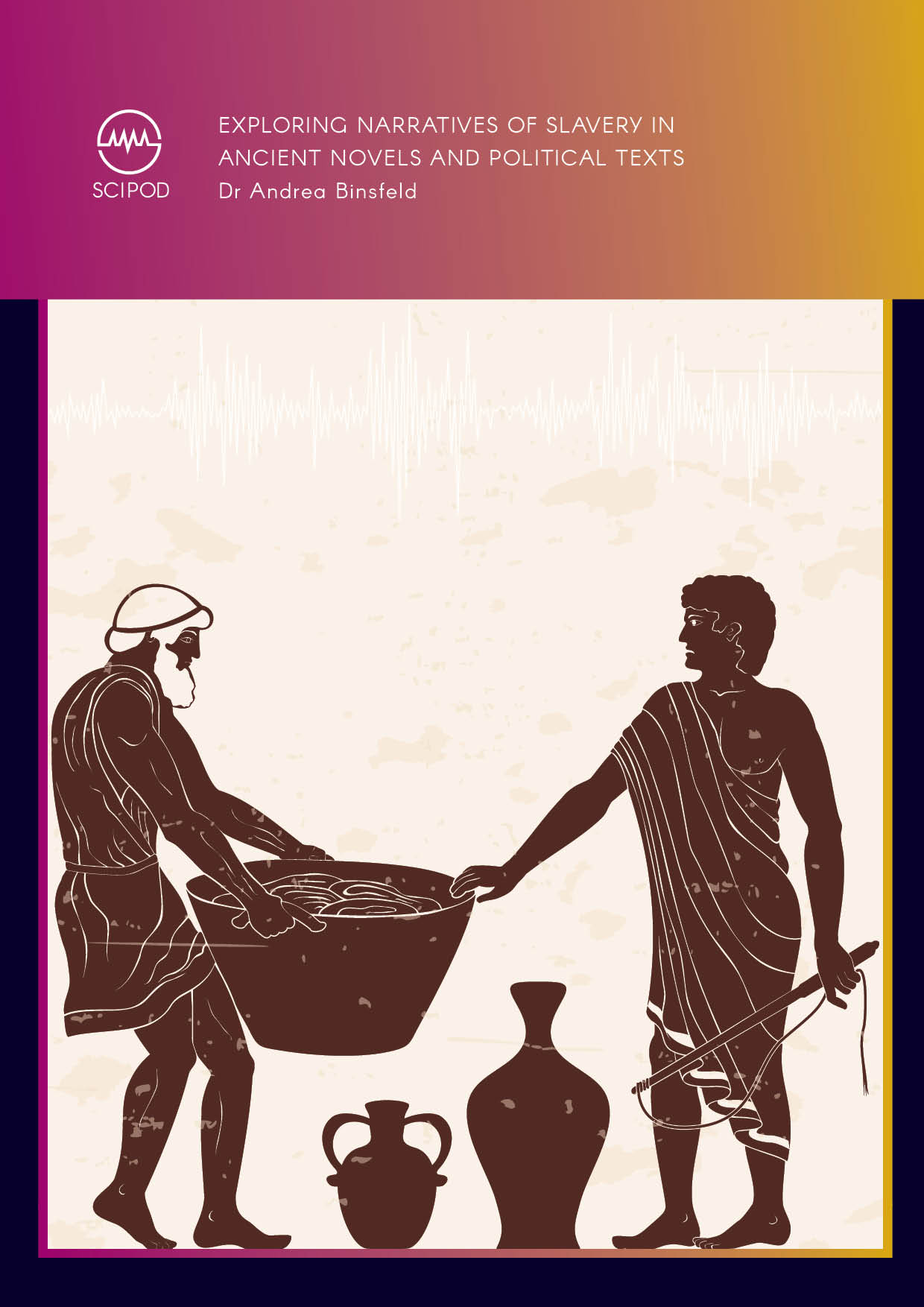
Dr Andrea Binsfeld | Exploring Narratives of Slavery in Ancient Novels and Political Texts
The perspectives and characteristics of specific historical periods are often reflected in the literary texts produced and circulated at the time. Dr Andrea Binsfeld, an Associate Professor at University of Luxembourg, has conducted several studies examining narratives of slavery in ancient texts, including novels and political discourses. Her analyses outline, from a different perspective, the deep impact that the institution of slavery had in Greek and Roman societies.
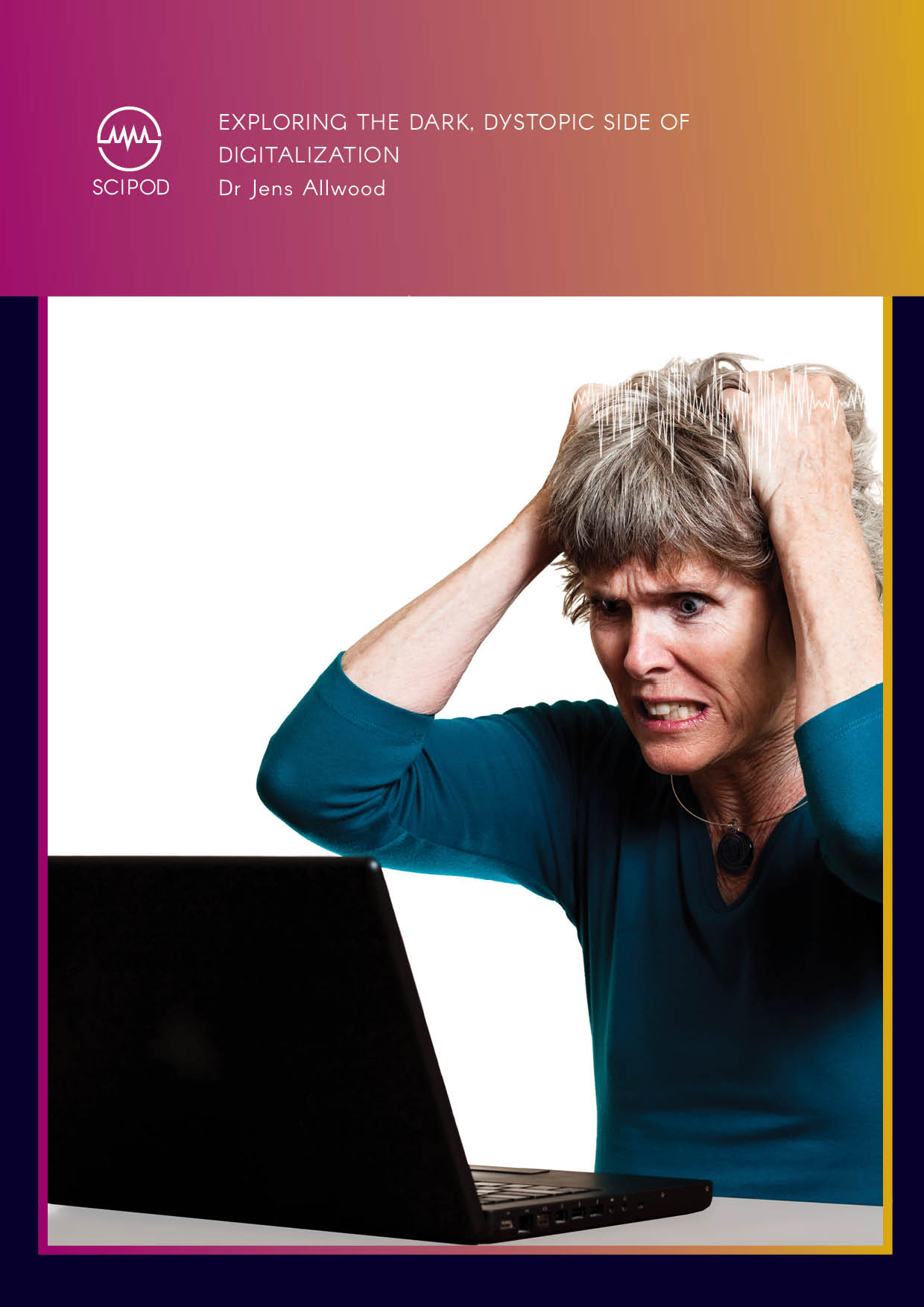
Dr Jens Allwood | Exploring the Dark, Dystopic Side of Digitalisation
Over recent decades, the use of digital technologies has increased exponentially worldwide, bringing significant changes to daily life. Like most societal transformations, this process of ‘digitalisation’ has had both positive and negative aspects. Dr Jens Allwood, Professor Emeritus at the University of Gothenburg, has recently published a paper exploring some of the darker elements of digitalisation, particularly focusing on its tendency to dehumanise our daily activities.
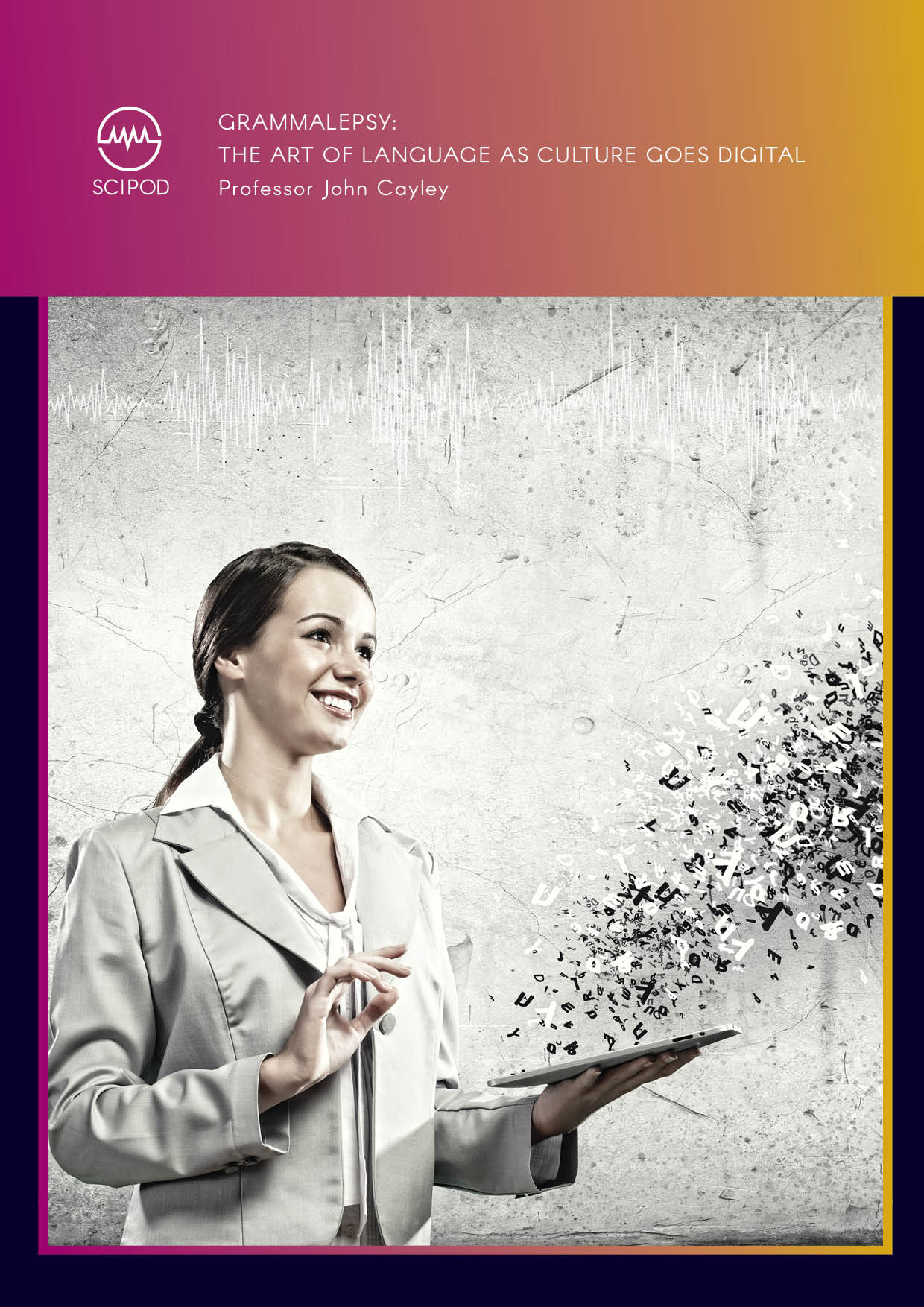
Professor John Cayley | Grammalepsy: The Art of Language as Culture Goes Digital
The term literature refers to a wide and diverse range of work, including novels, poems, plays, and essays. While literary experts agree that all literature is composed of language, they often argue about which texts can or should be considered as a part of the literature that we value. In recent years, technological advances have led to the creation of innovative works that merge language with digital media, state-of-the-art technologies and computation itself. In a fascinating book called Grammalepsy, Professor John Cayley of Brown University introduces a new theory of aesthetic linguistic practice that could shed new light on digital literature or, more comprehensively, language art.

Associate Professor Glen Searle | Exploring How Sydney’s Population Growth Impacts Its Governance
Rises in population and demographic changes can have significant effects on the development and governance of urban environments. Associate Professor Glen Searle of the University of Sydney recently published a paper that highlights the ways in which Sydney’s rapid population growth is supported by national immigration targets and the state government’s desire to keep Sydney ahead of other Australian cities as a global city. This population growth then drives important governance decisions at state and national levels, particularly relating to development. By prioritising rapid dwelling construction to accommodate Sydney’s rising population, but lacking adequate funding for new transport, the state government has had to reduce checks and balances needed for more democratic planning and sustainable development.
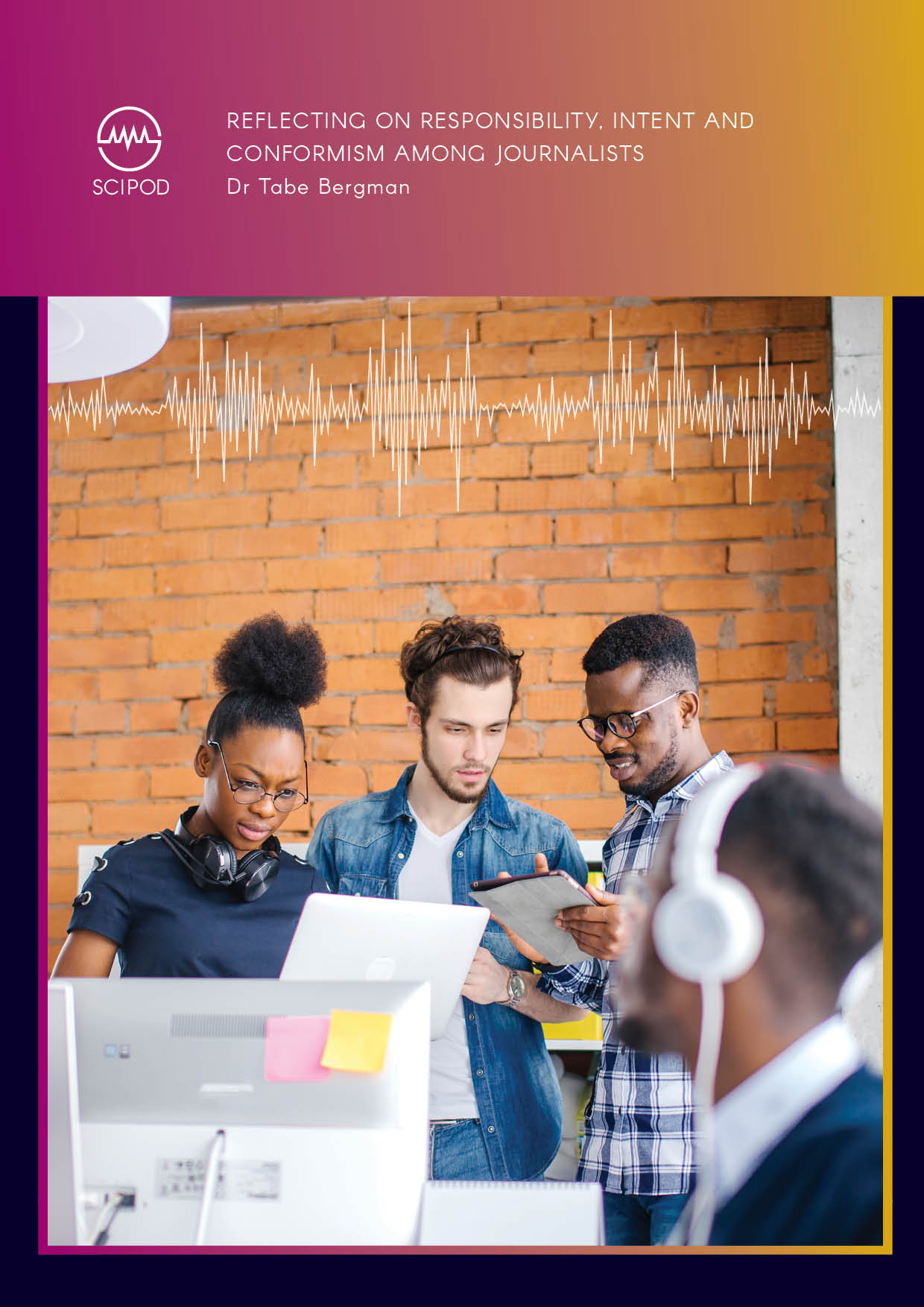
Dr Tabe Bergman – Reflecting on Responsibility, Intent and Conformism Among Journalists
Herman and Chomsky’s propaganda model is among the most renowned academic contributions to the study of journalism. Although it offers valuable insight into news content and how the media industry operates, it mostly ignores an important step in the production of news: what happens in the newsroom. Dr Tabe Bergman, an Assistant Professor at Xi’an Jiaotong-Liverpool University and Deputy Head of the University’s Media and Communication department, recently assessed practices in the newsroom, with the aim to supplement the propaganda model.
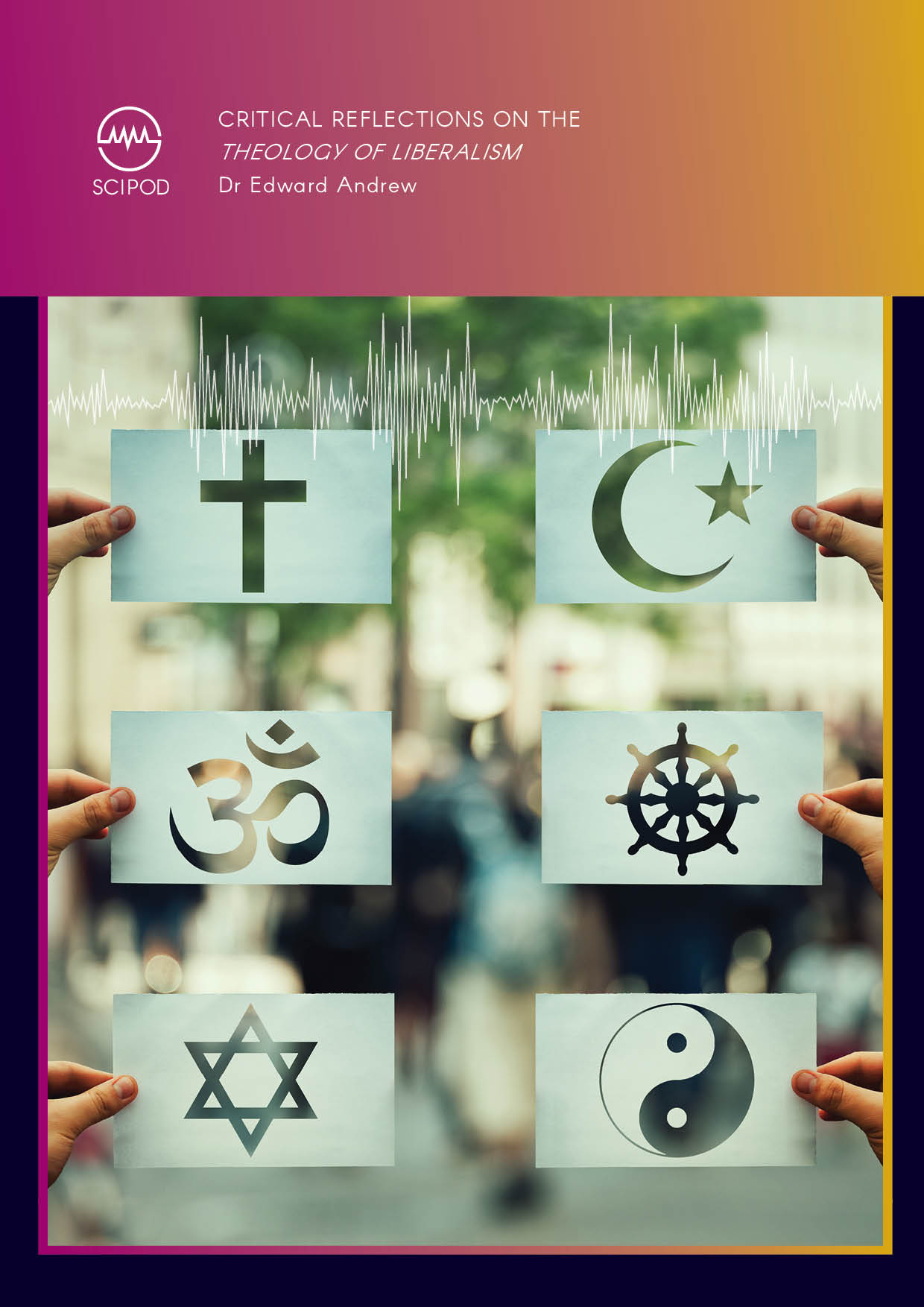
Dr Edward Andrew – Critical Reflections on The Theology of Liberalism
Dr Eric Nelson, a political theorist and Professor of Government at Harvard University, recently published a book entitled ‘The Theology of Liberalism: Political Philosophy and the Justice of God’. In this book, Nelson argues that liberal traditions in politics are ultimately a product of ancient theological disputes about freedom of the will. Dr Edward Andrew, a Professor Emeritus at University of Toronto, recently published a paper that questions some of the ideas introduced by Nelson in his recent work. His paper highlights the failure of Nelson’s ideas to reconcile differences between Christians and Jews or provide for religious toleration. Andrew also suggests that a liberalism based on utility rather than individual rights, or what Nelson calls ‘dignitarian liberalism’, would be less likely to generate social inequities.
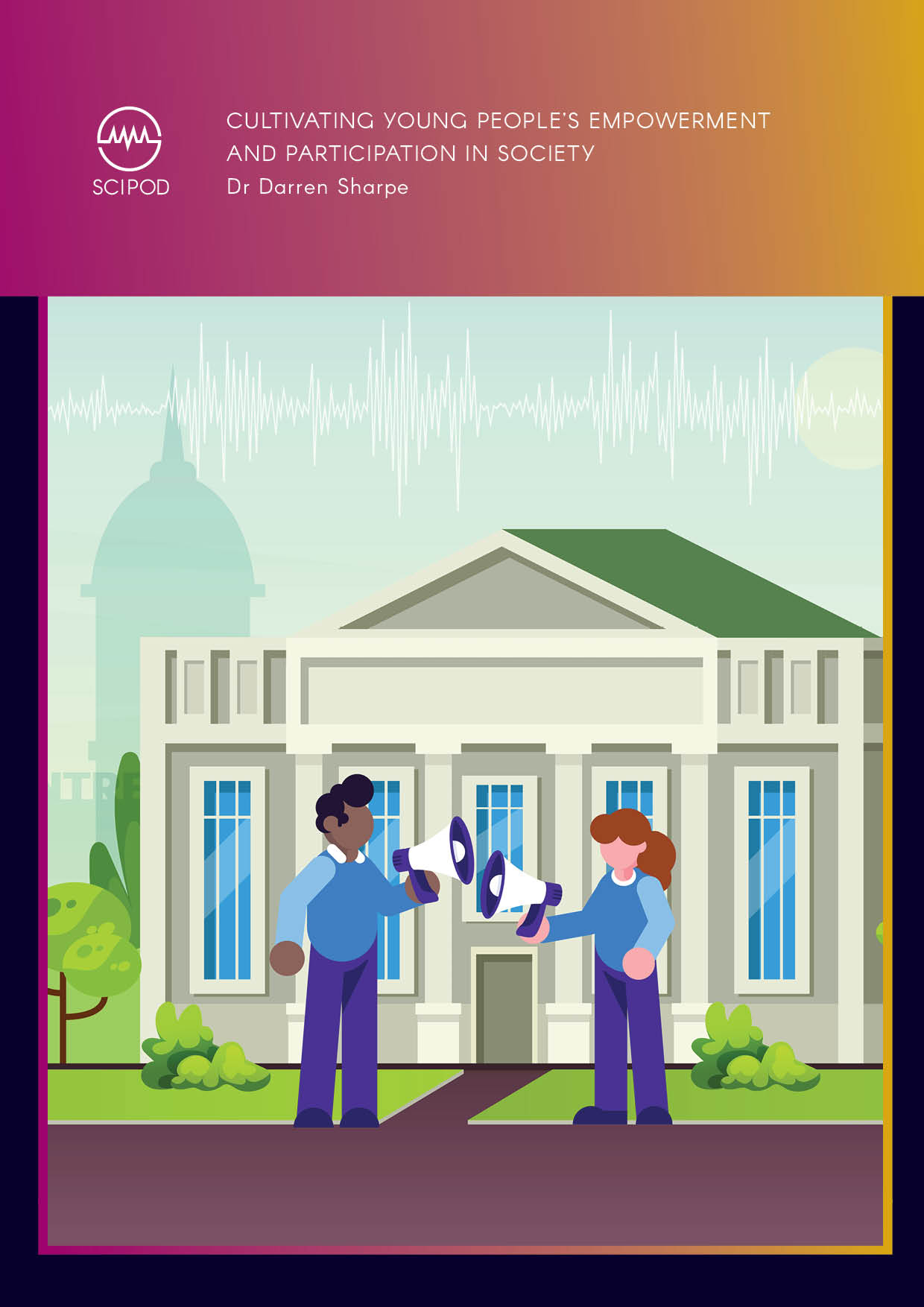
Dr Darren Sharpe – Cultivating Young People’s Empowerment and Participation in Society
Young people are central to a country’s growth and development, as they bring fresh perspectives and innovation. However, the path towards gaining full inclusion in society can be arduous for many youths, particularly those from marginalised and disadvantaged backgrounds.
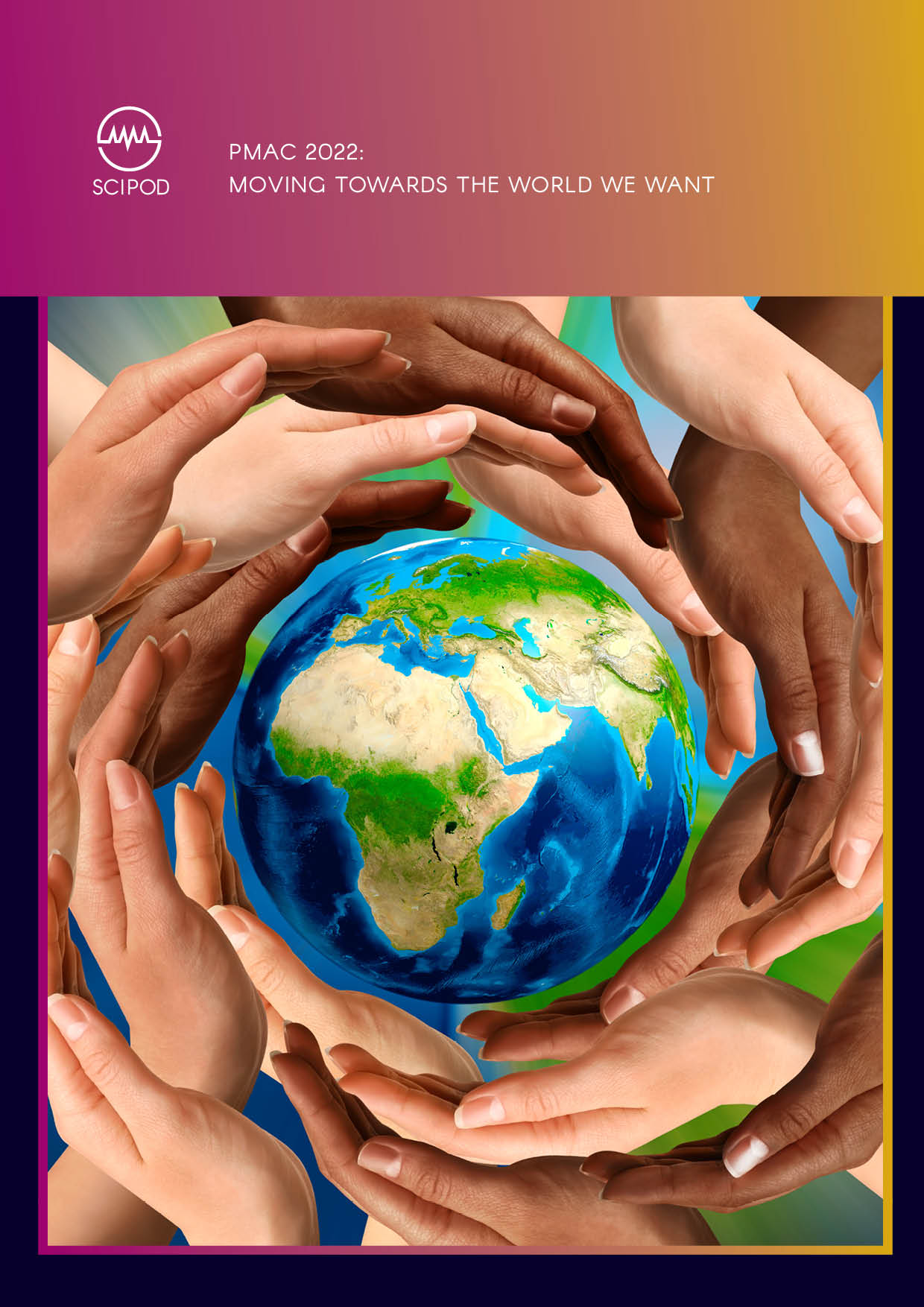
The 2022 Prince Mahidol Award Conference: Building the World We Want
Humanity is facing many challenges, ranging from COVID-19 to climate change, and from natural resource depletion to social inequity. The Prince Mahidol Award Conference is an annual event held in Bangkok, where leaders and experts meet to discuss global challenges. This year, the theme was ‘The World We Want: Actions Towards a Sustainable, Fairer and Healthier Society’.

Professor Andrea Nanetti | Heritage Science: Seeing Beyond What Is Thinkable to Address 21st Century Challenges
The United Nations’ 17 Sustainable Development Goals outline the massive challenges humanity must face to survive on Planet Earth in the 21st Century. All knowledge and experiences accumulated by human societies across time and space could be essential to address these grand challenges. Thus, we should find a way to make this knowledge readily available wherever and whenever decision-makers, heritage stakeholders, and scholars might need it. Professor Andrea Nanetti, an award-winning and internationally recognised expert in Digital Humanities, recently published an open-access paper exploring the opportunities and challenges of using artificial intelligence and machine learning algorithms to leverage human heritage and empower societies to see beyond what is thinkable.

Professor Radu Mares | Exploring the UN’s Role in Regulating Transnational Corporations
The importance of the EU in global governance has been well researched. However, systematic analysis of the way it interacts with other international organisations has been side-lined. To address this gap, Axel Marx the University of Leuven and Oliver Westerwinter at the University of St. Gallen introduce a special issue of the Journal of European Integration. The research published in this issue explores how the EU interacts with different types of global governance institutions.

Axel Marx | Oliver Westerwinter – Understanding How the EU Interacts with Global Governance Institutions
The importance of the EU in global governance has been well researched. However, systematic analysis of the way it interacts with other international organisations has been side-lined. To address this gap, Axel Marx the University of Leuven and Oliver Westerwinter at the University of St. Gallen introduce a special issue of the Journal of European Integration. The research published in this issue explores how the EU interacts with different types of global governance institutions.
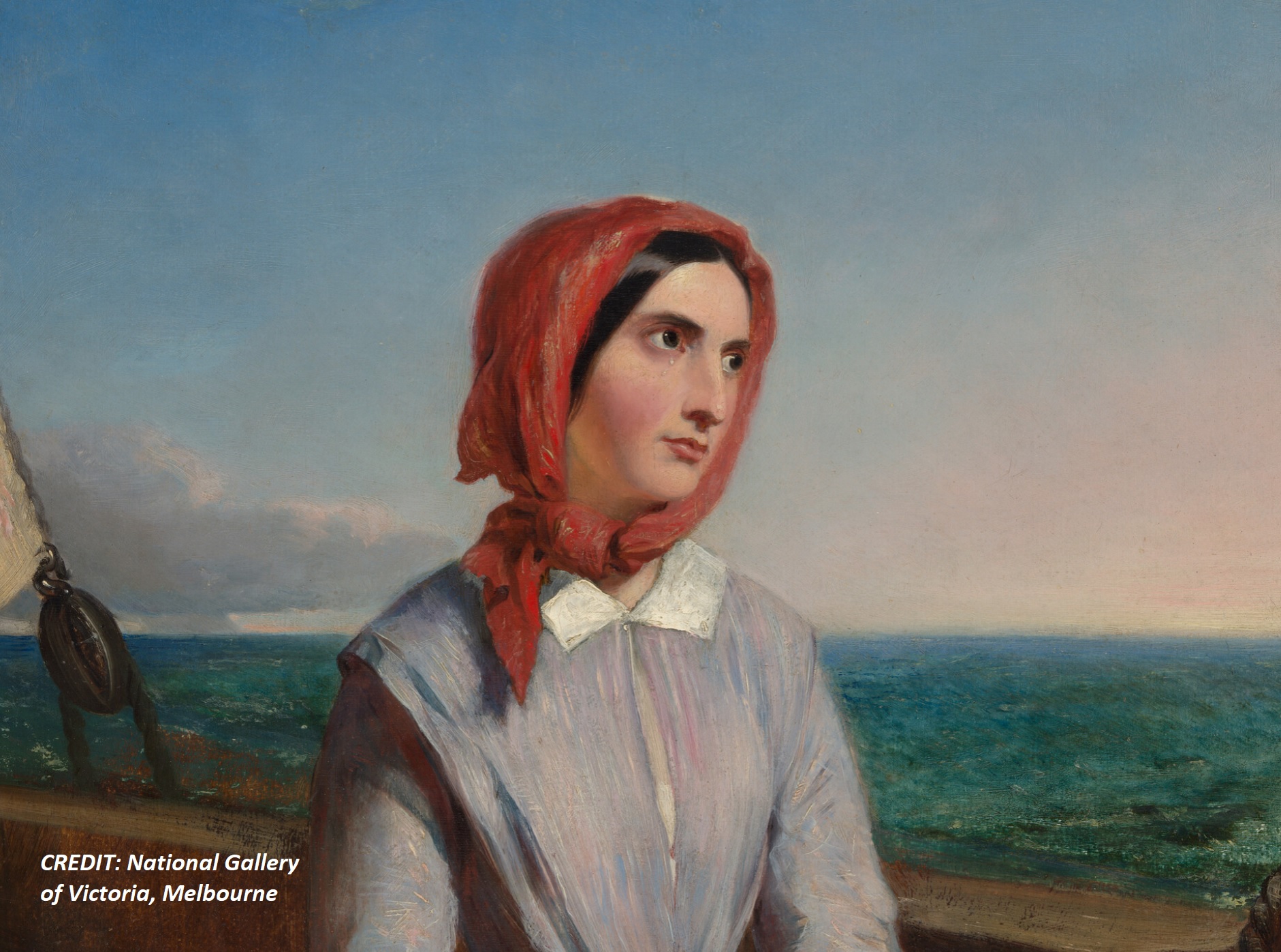
Dr Tony Ward | Why Do Many Migrants Retrace their Steps? Clues from 19th Century Australia
Migrants travel hopefully, dreaming of better lives. Some are successful, some less so. Many in both groups ultimately decide to return to their home country. Dr Tony Ward, a University of Melbourne historian, is himself a migrant, and descended from a family that returned from Australia. He sought out other stories of return migration from Australia to the UK in the 19th Century. His studies shed light on more general questions. How many migrants return? Which migrants are more likely to make the trip home? And why?

Professor George Micajah Phillips | What Early-20th-Century Writers Can Teach Us About Life During Environmental Uncertainty
A new way of reading and engaging with modernist authors such as Virginia Woolf and Karel Čapek might help us to better understand our time of environmental uncertainty. In his recent paper, Professor George Micajah Phillips of Franklin College draws on formalism and material feminism to argue for a new approach in modernist studies, which he terms ‘formalist materialism’. This approach may enable us to engage with early-twentieth-century modernist texts in fascinating new ways, helping us to form fresh understandings of climate change, outside of standard, crisis-oriented narratives.
Increase The Impact Of Your Research!
Explore partnership opportunities
Unwind without the hassle. Enjoy fresh audiobooks, delivered free!
